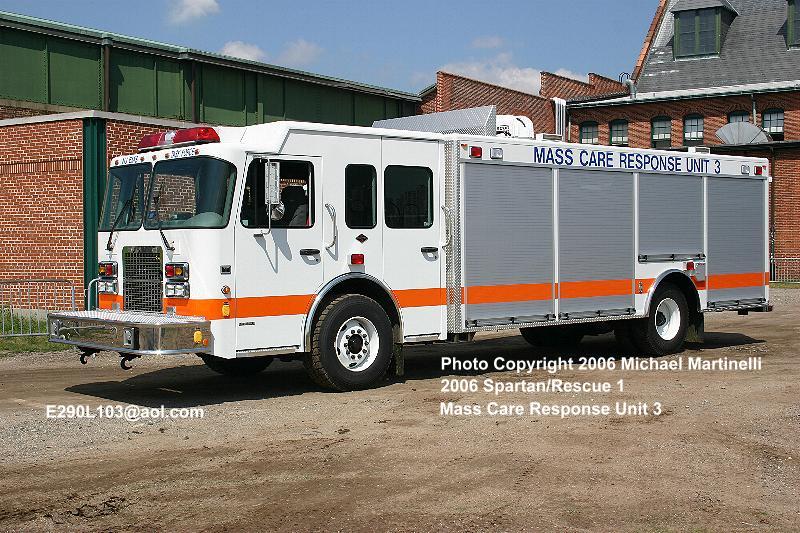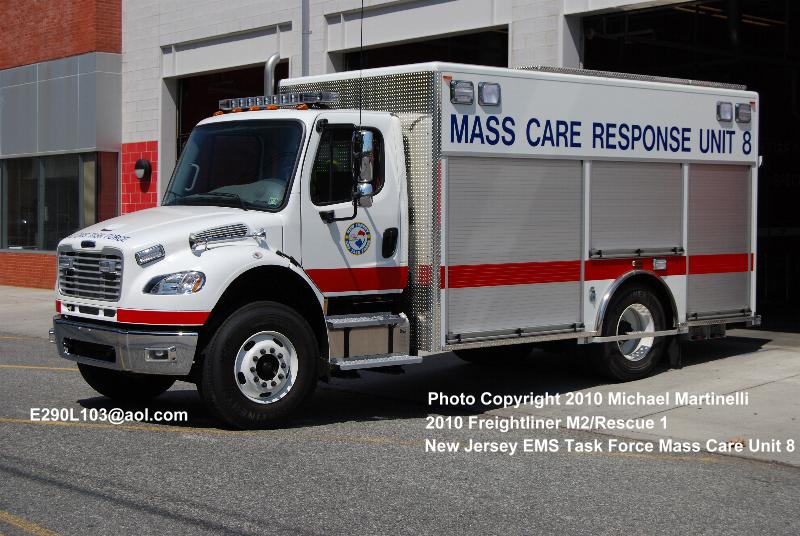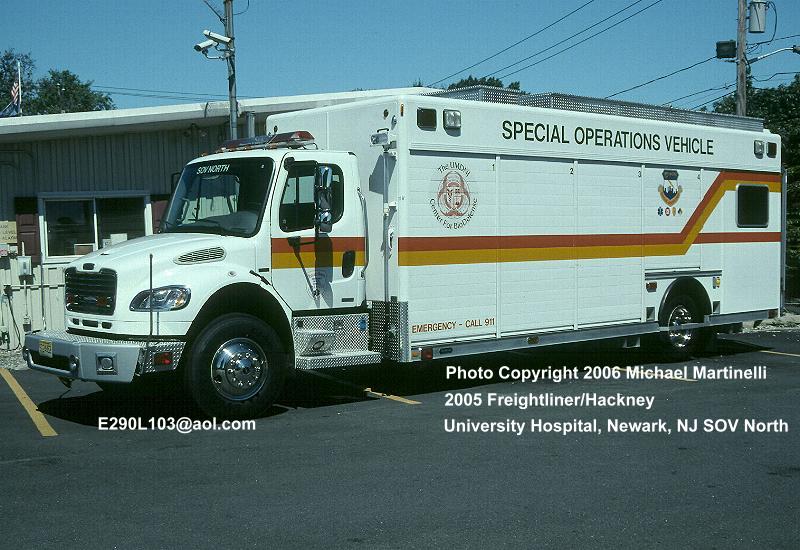Unfortunately, we did not have any designated landing zones. It was a huge camping weekend in the desert so, of course, all the nice flat spots (lake beds, etc.) were filled with RVs. We landed air ships in several difficult locations 300-500 yards from the incident. I have worked with several off-road organizations since the incident and all have worked to designate 100'x100' landing zones around race courses. Usually every 7-10 miles.
odds are, even if you did have designated landing zones, I would imagine you would have one, maybe 2 designed LZs. if you are calling for 10 medevacs, your system will get overwhelmed. sounds like you (and by you, I mean everyone there) did a great job on the fly making things up as they go.
It is difficult to prepare for such an incident without bringing MCI trailers to every event. We have worked with organizations to make events safer by designating spectator areas and requiring people to stay back 150' from the course. Also, as I mentioned above, we predesignate landing zones, etc. I also make a habit of notifying local EMS systems of large scale events and obtains availability of resources prior to any incident. In short: plan instead of react.
maybe you should bring an MCI trailer to every event? 99% of the time, you won't need them. bring one guy to drive the trailer, set it up, look pretty, and take it all down at the end of the day.
it's good PR, and if your system has access to it, and can preplan for it, it can often be accommodated.
Of course a large building stocked with medical supplies and comms would have been a great resource, but it is simply not a possibility due to the scale of events. How could you justify a building on a 40-70 mile course? Where would you put it? Not to mention there are 4-5 courses used every year.
that's where a mobile MCI kit comes in handy. the NJ EMS Task force has a few of these
capable of 100 patients and
for 50 patient incidents
I am doing much better now. I admit, I was pretty messed up immediately after the incident for about 10 days or so.
I learned that we all have limits. We like to be "heroes" but we can't alway be. How do you treat that many patients? Where do you start? How do you tell a teenaged girl that you can't help her pulseless brother? How do you treat so many acutely injured people spread over 50 yards as a single resource. Remember, they are all trauma patients. We only carry 4 backboards. It was absolutely humbling.
with that many patients, you aren't doing much treating.... those 4 back boards aren't going to do much.
I would suggest anyone put in that situation remember the basics. TRIAGE! Have concrete information to pass on to additional resources when they arrive. How many, how bad. Know what resources are coming. Know their capabilities. Have a PLAN!
having a written plan, even if it will never be used, is essential for any major event. it will help you when all hell breaks loose, even if nothing else than gives you something to follow.
After the incident, I was pretty messed up (like I said above). Mostly because that is a normal human response to such chaos. I did have a unique emotional connection due to my involvement in the sport. I did seek help. I talked to the department counselor as well as attend CISM. I found both to be very helpful. I would suggest that anyone who is unusually stressed or troubled after an incident of any scale seek help. Whether it be in confiding in a coworker, friend, family member, department counselor, or CISM after the incident. Do not wait too long. The longer you wait, the more likely that the incident have lasting effects on you.
glad to hear you are feeling better. i know they can be chaotic and take a toll on you.
I know the ems coordinator for one of the drag racing courses in NJ. he has plan in place, and every time he has a major event (like when NASCAR or other things on that level where the ticket sales increase 10 fold) they staff extra ambulances, extra ALS units, and an MCRU, SOV
or some other Task Force truck just incase something happens. We have the warp tour, every year in NJ, and we have units assigned with EMSTF resources to assist with the planned for 100+ patients.
Some people consider all those trucks a waste of tax payer and grant money. And it is. but when you need it, it's great to have them just a phone call away. and even better if they are standing by at an incident just ready to go.



